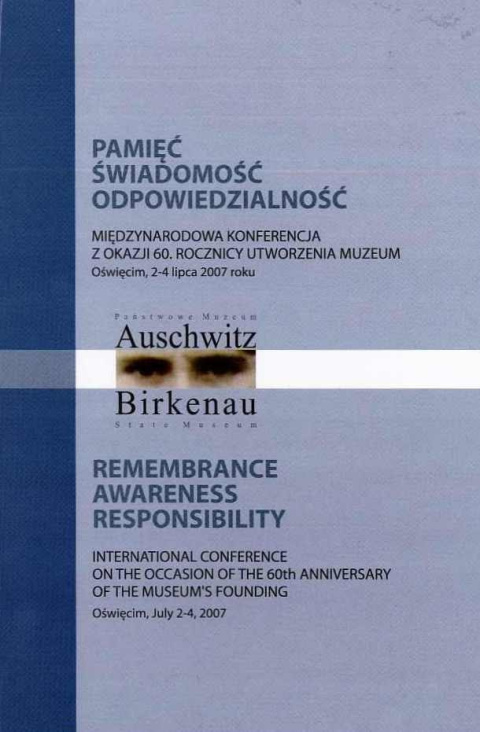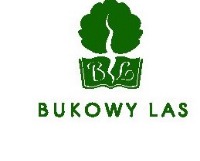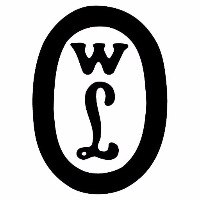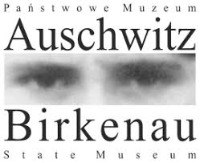-
Remembrance-Awareness-Responsibility


| Shipping within | 4 days |
| Shipping price | The Lack Of |
| The Availability Of |
Mało
|
| The Weight Of The | 0.15 kg |
| The bar code | |
| EAN | 9788361618041 |
Zamówienie SMS: 510284318
| Leave your phone |
The Polish legislature created the Museum by an act of July 2, 1947. According to its provisions, "the grounds of the fomer Nazi concentration camp in Oświęcim, together with all the buildings and equipment located there, shall be preserved for all time".
After sixty years Auschwitz has become a symbol for all humanity, a reference point for every debate about the extremes of human behavior. A symbol of the Holocaust. A visit to Auschwitz shapes people's attitudes, opinions and views of the world, but also affects emotions. It brings out fears, anxieties, and ambivalent feelings at times. The conference participants cosidered how the history of Auschwitz can be incorporated into a shared history without creating divisions. Academic teachers and the staff of memorials shared their experiences as they responded to the question of how the ever-receding history of Auschwitz can be conveyed to succeeding generations while keeping the character of the memorial uppermost in mind, without detracting from its authenticity.
In his address, Elie Wiesel reminded us that buildings can disappear but words remain. For Jonathan Webber the voice of Auschwitz is a voice of extraordinary power. That is why it was worth recording that voice and conveying it to others in book form. The book contains lectures and speeches presented by survivors of Auschwitz, staff members of memorials, scholars and experts during the conference "Remembrance - Awareness - Responsibility" in July 2007.
This publication is available in Polish-English version.
- Manufacturers
![[{[item.product.name]}]]([{[item.product.photo.url]}] 125w)




















